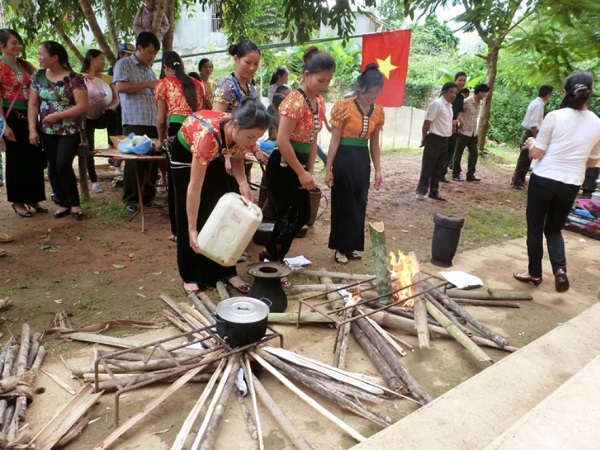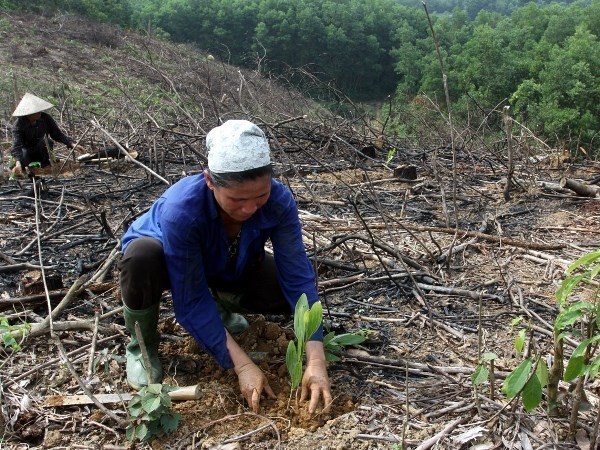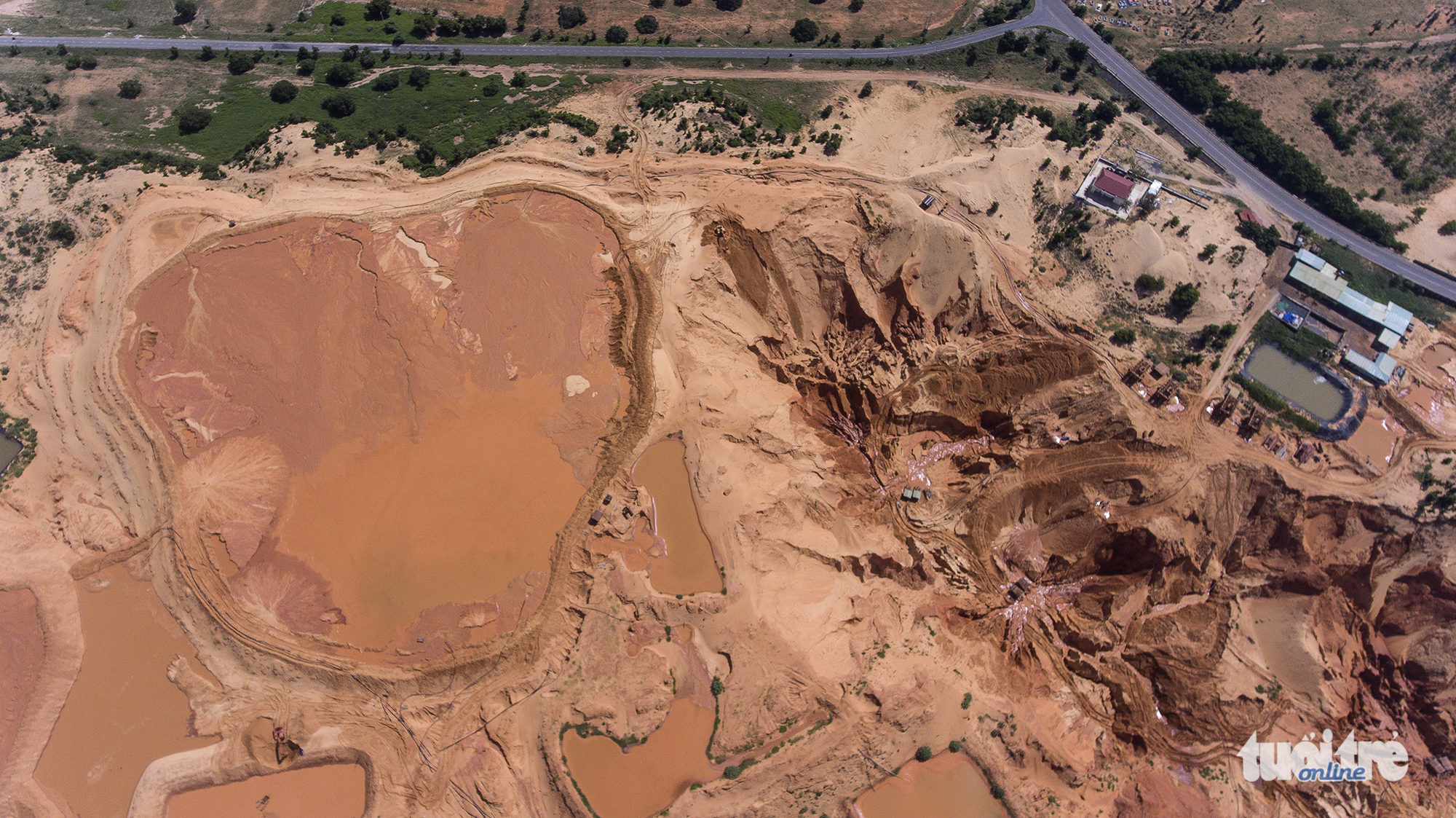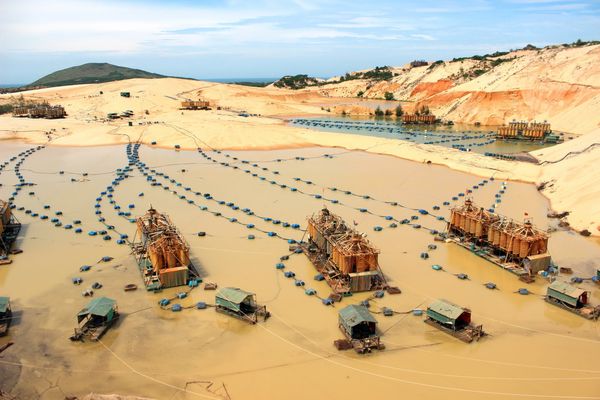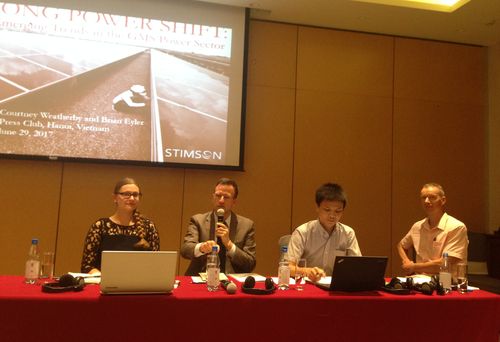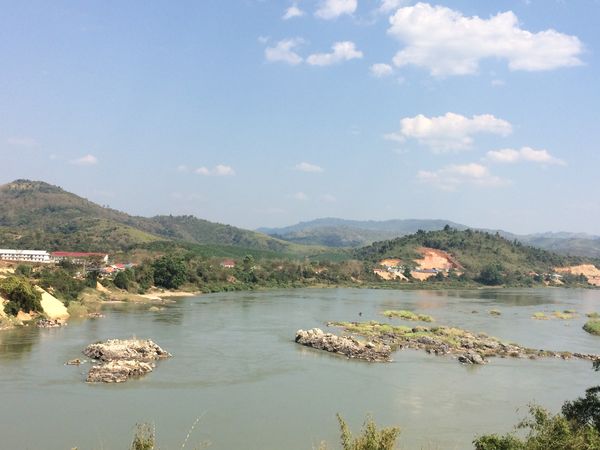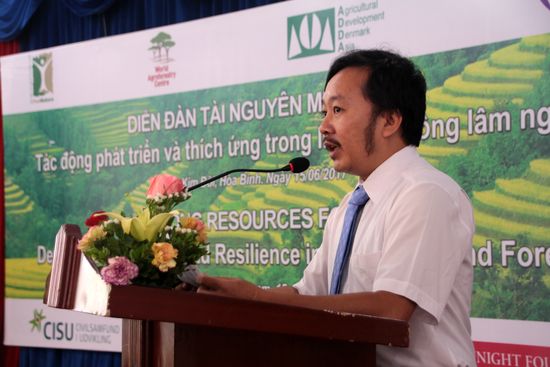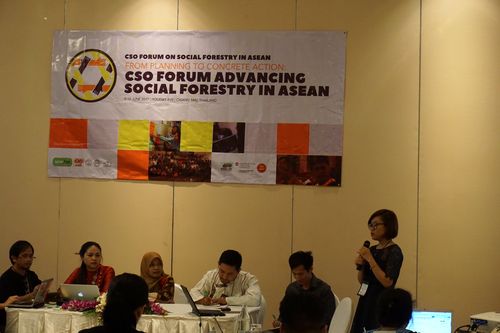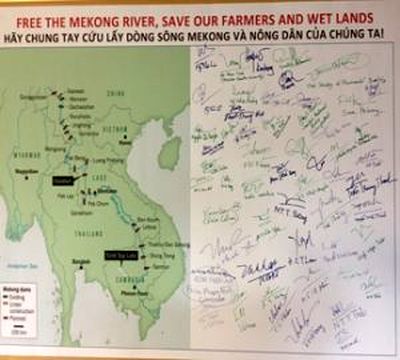Using Participatory Development Communication Approaches for Empowering Ethnic Women in Sustainable Forest Management in Viet Nam
Realizing that ethnic women in Xuan Nha NR can play a key role in addressing this issue, an NGO, PanNature, developed a project to improve the role of ethnic women in forest management and promote fair access to forest resources in Xuan Nha Nature Reserve. The project worked with two women’s unions (WU) in Xuan Nha and Chieng Xuan communities that placed the women as key drivers to advocate for sustainable management of their community’s forest resources. The project, using participatory approaches, aimed to enhance knowledge and capacities of the women to enable them to influence and take a lead in exploring alternative livelihood opportunities for their families and communities.

